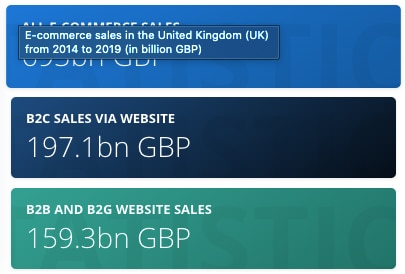As e-commerce business owners know, it’s a fiercely competitive market out there. Initially, hobbyists latched on to e-commerce platforms like Shopify to sell their designs and creations. However, digital transformation has unlocked the doors to turn these hobbyists into budding entrepreneurs, and the e-commerce industry has, in a word, boomed.
The industry is arguably paving the way for the future of retail. Moreover, it’s opened a new gateway for e-commerce businesses to expand their customer reach. This would traditionally be done by brick and mortar brands opening new stores, except now entrepreneurs only need one e-commerce store or seller page.
So e-commerce can be a lucrative venture and your unique product or service could be a real winner for you.
However, being an e-commerce owner requires basic accountancy and bookkeeping skills to ensure your cash flow and business remain healthy.
Now, we’re going to assume that you’re a very proactive individual, which is why you’re looking at investing in accounting software. You are? Great, because in this article we’re going to look at why you should use QuickBooks online if you have an online retail business.















